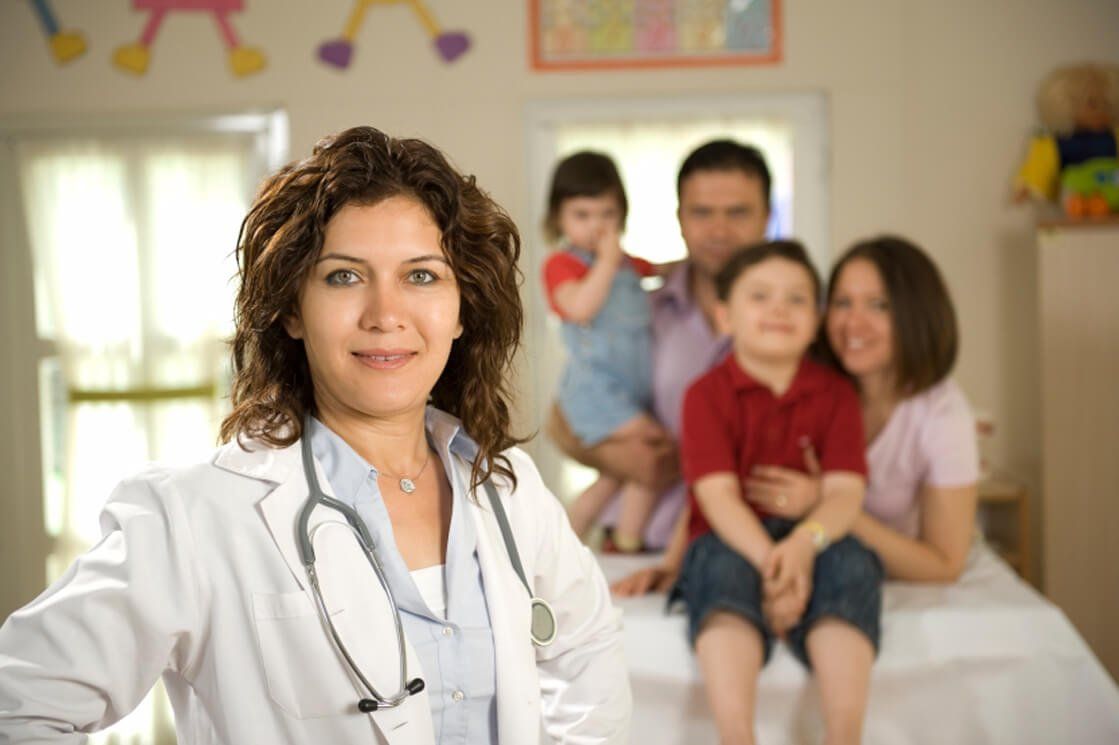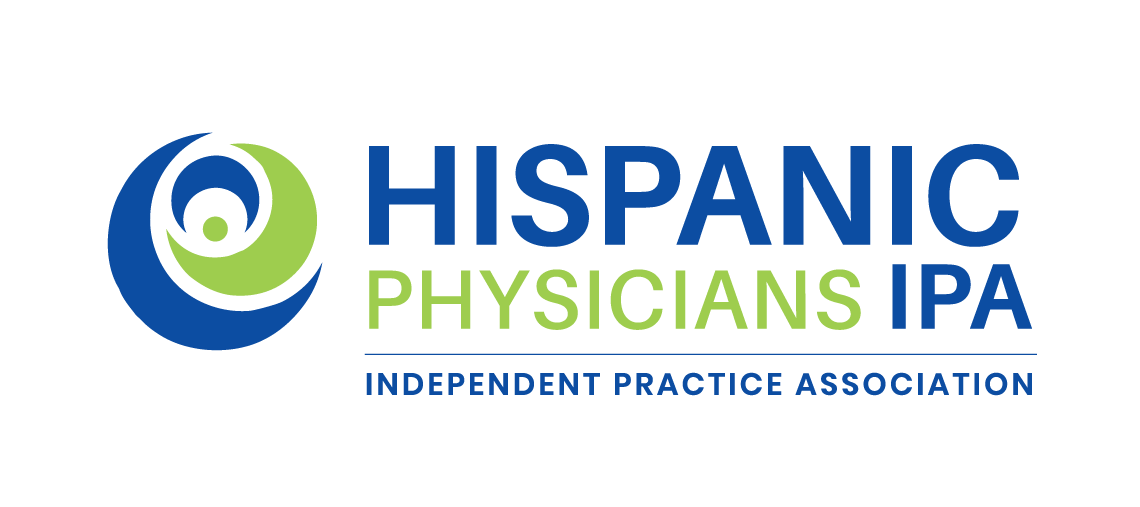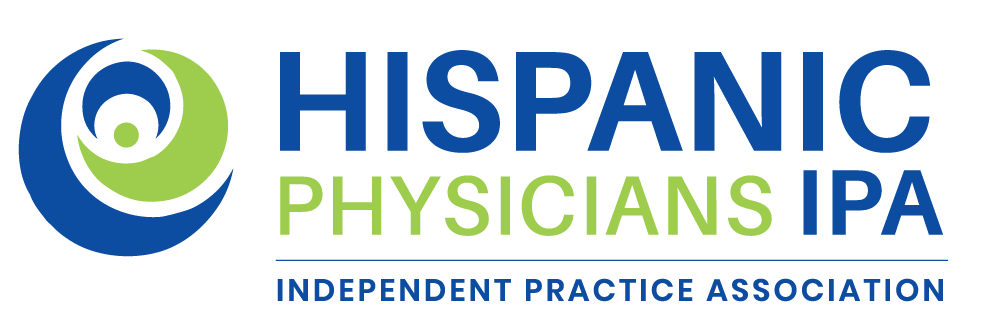Health Resources
Staying Healthy
On the Agency for Health Care Research and Quality's Consumers & Patients page, the publication entitled Stay Healthy at 50+ has information on checkups, immunizations and adopting healthy habits for people over 50. HRSA's publication Healthy Diet and Physical Activity Intervention Content (Excel Content Resources page) provides information for adults for cardiovascular prevention about how to stay healthy and active.
- Agency for Health Care Research
- Guide to Staying Healthy at 50+ (Women and Men)
- Healthy Diet and Physical Activity Intervention Content (excel)


Promoting Organ Donation
Promoting Health Careers


Latinx/Hispanic Communities
Caring for People with HIV/AIDS


Preventing School Violence
Improving Mental Health
- Center for School Mental Health Assistance
- LAUSD-School Mental Health
- Center for Mental Health in Schools


Prenatal and Newborn Care
Diabetes


Infant, Children, Adolescents and Family Health Promotion
USA.gov


Health Information
Health Literacy


Language Assistance Program
AIDS


Alzheimer’s Disease
Closing the Health Gap


Drug Abuse
Elderly


Food Safety
Medicare and Medicaid


Safer Health Care
- Speak up if you have questions.
- Keep a list of all medicines you take.
- Make sure you get the results of any test or procedure.
- Talk with your doctor and health care team about your options if you need hospital care.
- Make sure you understand what will happen if you need surgery.
- Five Steps to Safer Health Care
Blood Shortage 2022


Smoking Cessation
Smoking cessation lowers the risk of cancer and other serious health problems. Counseling, behavior therapy, medicines, and nicotine-containing products, such as nicotine patches, gum, lozenges, inhalers, and nasal sprays, may be used to help a person quit smoking.
HHS National Quitline Number (1-800-QUITNOW)
- Cessation -- Fast Facts:The latest information to help people quit smoking, and to help health care professionals treat tobacco use and dependence.
- you Can Quit Smoking Now -- www.smokefree.gov
- National Cancer Institute-Where to get help when you decide to quit smoking
- CDC 1-800-QUIT-NOW
- Clinical Practice Guideline-Treating Tobacco Use and Dependence
- CDC-Clinical Cessation Tools
- CDC-Million Hearts-Action Steps for Clinicians
- Kick It California
- You Can Quit Smoking-A consumer Guide



